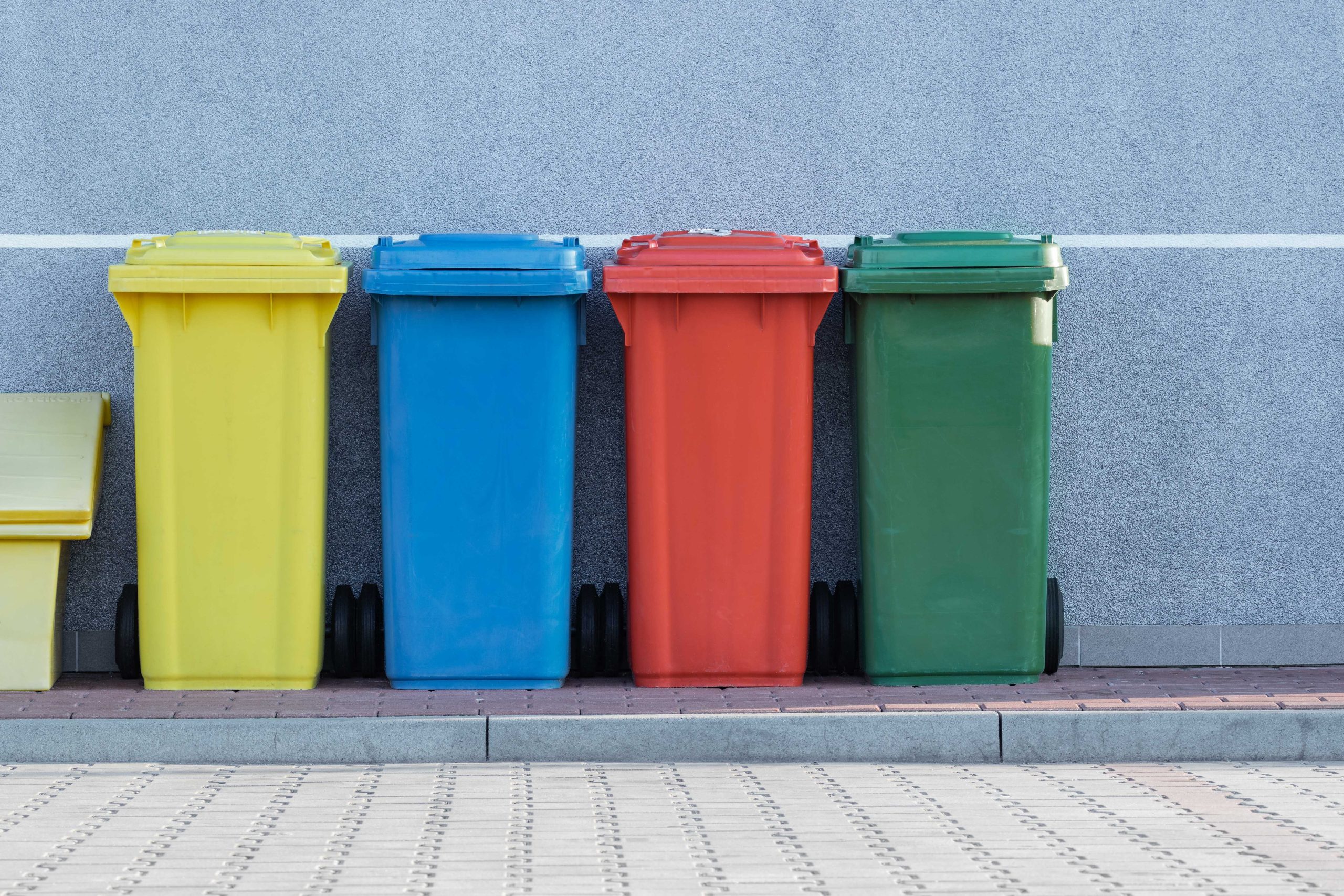How to avoid waste?
Have you ever thrown away products that expired a day ago or chosen one vegetable over another because it looked better? Find out how each of us can avoid waste.
The Food Crisis
In recent years, the global food crisis has continued to worsen, mainly due to climate change, economic pressures, and national conflicts. According to the Food and Agriculture Organization of the United Nations (FAO), Europe alone could feed 1 billion people with the amount of food it wastes yearly. One third of the food sold is never consumed. In France, 10 million tons of products are thrown away each year.
Consumers often have difficulty evaluating their needs when it comes to buying food products. Excessive consumption, in everyday life, pushes people to buy more and more, without thinking concretely about their real, important, or immediate needs. A striking example was the toilet paper and the pasta on the supermarket shelves when the coronavirus crisis started. These sometimes funny situations remain, however, disconcerting.
Tips to Reduce Garbage
Expiration dates are responsible for 10% of the waste in France because the population has difficulty differentiating between the use-by date (DLC) and the date of minimum durability (DDM). The first one means “to consume before…”, at the risk of having health problems. The second one means “best before…”, the product may have lost its quality.
Several countries have decided to penalize organic waste. In Seoul, South Korea, the household trash bill is calculated according to the amount of food waste per capita. Today, the city’s overall recycling level is over 90%. In France, supermarkets are offering promotions on products that will soon expire. You can also find baskets containing fruits and vegetables. The ideal solution would be to favour local farmers and farmers’ markets.
For broad-based anti-waste, Liz Goodwin, director of food loss at the World Resource Institute (WRI), says tracking is needed for food waste. Companies only become aware of their waste impact when they calculate their economic losses. In Canada, Wellington County in Ontario is trying to create a circular food industry. The goal is to use the waste from other businesses. For example, Toast Ale makes craft beer from surplus bread. Rise turns grain waste from New York breweries into protein-rich flour and brownie mix. In Quebec, LOOP Mission partners with key players in the food industry to save produce that is too ripe to sell. This project puts an end to waste and creates delicious drinks, cookies, and soap!
Source: ONU Info, Positive News, Le Monde, Our Food Future, LOOP Mission
Credit photo: Unsplash
Global Goodness suggests: https://globalgoodness.ca/en/africa-transforms-electronic-waste/
 High-quality writing is very important to members of the Global Goodness team. But no one’s perfect, so we always use Antidote.
High-quality writing is very important to members of the Global Goodness team. But no one’s perfect, so we always use Antidote.
Encourage us if you like positive stories!






